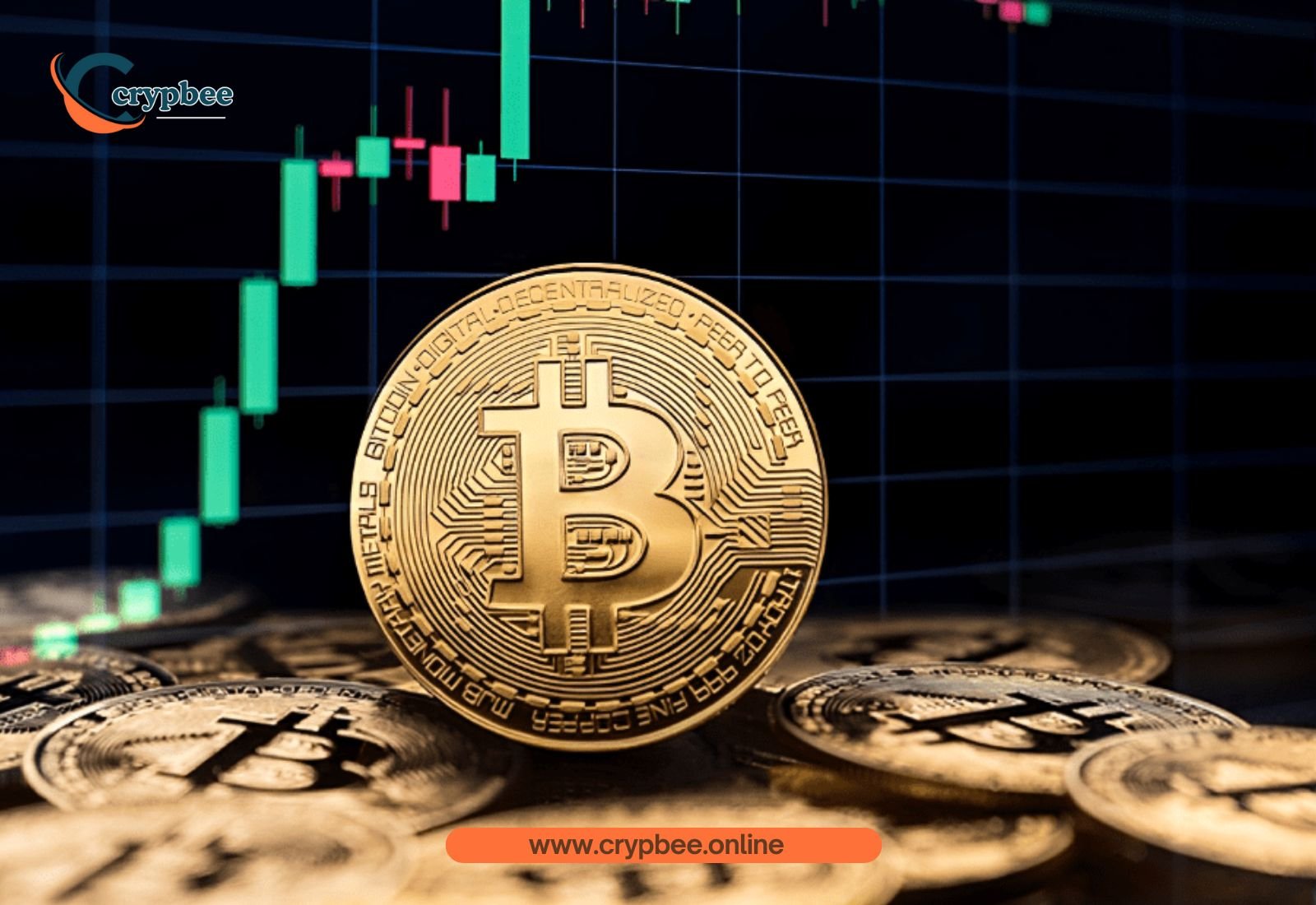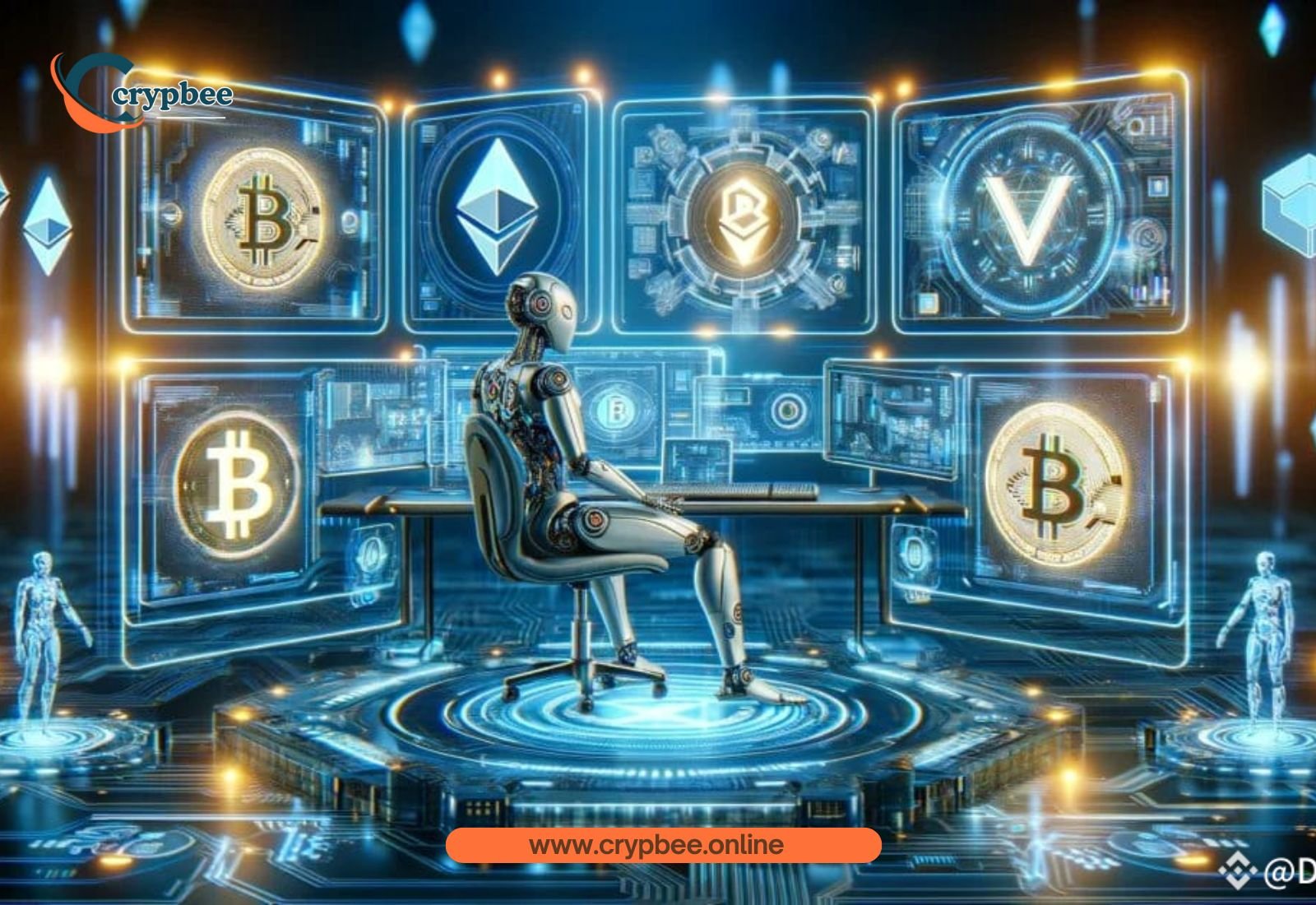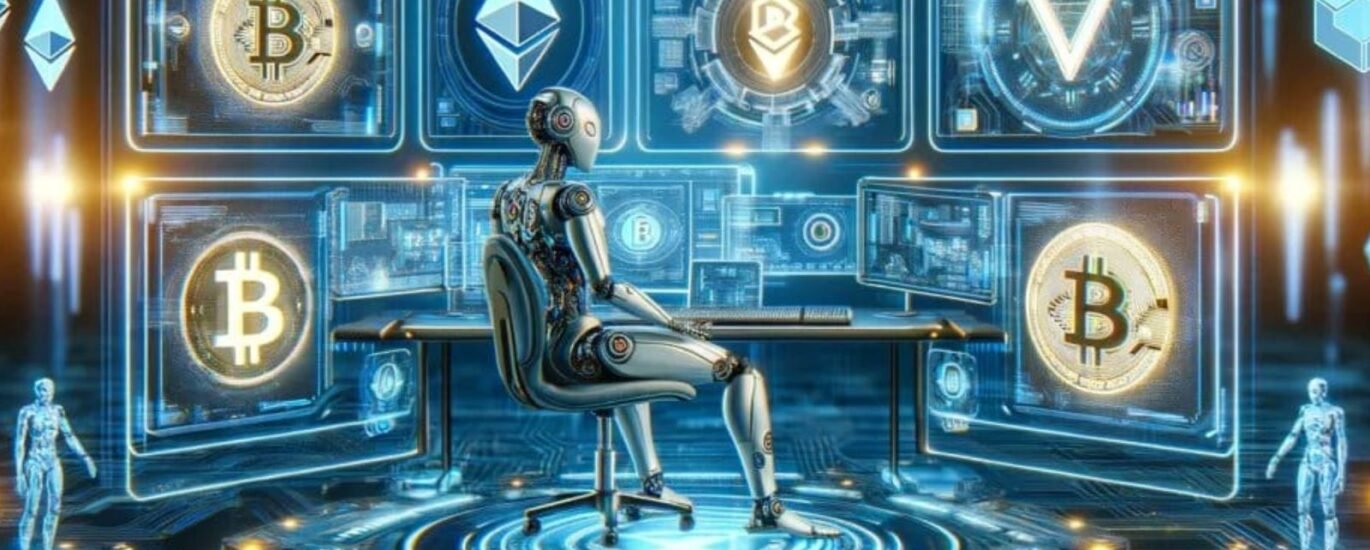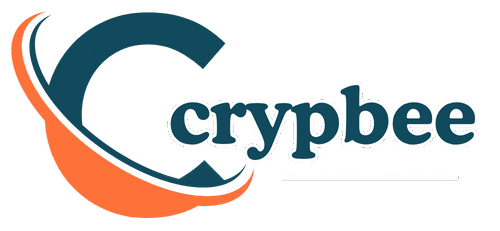In the world of blisteringly developing blockchain, one concept has gained more and more popularity, and this is a Decentralized Autonomous Organization, or DAO in short. The difference between DAOs and traditional corporations, which are usually (or at least, were) governed by boards of directors, executives, or state regulation, is that DAOs are a paradigm shift in allowing humans to structure themselves so that they can make decisions of collective interest, without being centrally governed. Based on the blockchain technology, DAOs hold the potential to transform not only the financial industry, but also the way other communities, enterprises, and even states are organized.
However, are DAOs really the way forward in governance or are they just another technology hype that will die out? Now time to dig deeper in this ground breaking idea and see what is going on behind the scenes, we shall look at practical applications, the advantages and disadvantages as well as how DAOs compare to the current systems of governance.

What is a DAO (Decentralized Autonomous Organization)?
A Decentralized Autonomous Organization (DAO) is a blockchain-based entity governed by smart contracts, rather than centralized leadership. In essence, it’s a digital organization where the rules are coded, and decisions are made collectively by stakeholders—usually through token-based voting.
Imagine a company where there is no CEO, no board of directors, and no single person who can override decisions. Instead, decisions are made by community consensus, typically using cryptographic tokens that represent voting power.
How DAOs Work: The Mechanics Behind the Hype
DAOs operate on blockchain networks like Ethereum, using smart contracts—self-executing code that enforces rules without human intervention. These smart contracts define:
- Voting procedures
- Funding allocation
- Governance policies
- Membership roles
- Proposal systems
Here’s a typical DAO workflow:
- Creation: Developers write smart contracts and deploy them on a blockchain.
- Funding: People buy governance tokens through an Initial Coin Offering (ICO) or other methods.
- Participation: Token holders propose and vote on ideas (e.g., new features, investments, or rules).
- Execution: Once approved by a majority, the smart contract automatically carries out the decision.
This trustless environment ensures transparency, security, and immutability—core benefits of blockchain technology.
Real-World Use Cases of DAOs
While DAOs might sound futuristic, many are already operational and influential in shaping the crypto landscape. Here are a few notable examples:
1. MakerDAO
Manages the Dai stablecoin through decentralized governance. It allows token holders to vote on interest rates, collateral types, and protocol changes.
2. Uniswap DAO
Holders of UNI tokens can vote on protocol upgrades, fee structures, and developer grants, helping manage one of the largest decentralized exchanges.
3. PleasrDAO
A collective of NFT investors who pool resources to buy high-profile digital assets and art.
4. CityDAO
A bold experiment aiming to create blockchain-governed land ownership in the United States.
These examples illustrate the versatility of DAOs, from finance and art to real estate and beyond.
Benefits of DAOs: Why They Matter
DAOs offer several key advantages that could make them game-changers for the future of governance:
✅ Transparency
All decisions, transactions, and proposals are visible on the blockchain—nothing is hidden.
✅ Decentralization
No single entity can control or manipulate the organization. Power is distributed among token holders.
✅ Efficiency
Smart contracts automate time-consuming tasks such as payroll, budget approvals, or policy changes.
✅ Global Participation
Anyone, regardless of location, can contribute to or govern a DAO if they hold the required tokens.
✅ Immutable Rules
Once rules are programmed into smart contracts, they can’t be changed arbitrarily, ensuring consistency and fairness.
Challenges & Risks Facing DAOs
Despite their potential, DAOs come with significant challenges that need to be addressed for widespread adoption:
⚠️ Security Vulnerabilities
If a smart contract is poorly written, it can be exploited. The infamous 2016 DAO hack led to $60 million in losses and a hard fork of Ethereum.
⚠️ Low Voter Participation
Many token holders don’t vote, which can lead to centralization of power among a few whales.
⚠️ Legal Ambiguity
DAOs operate in a legal gray area. Questions about liability, taxation, and regulatory compliance remain unresolved in most countries.
⚠️ Governance Gridlock
Decentralization can lead to delays in decision-making. If the community is divided, progress may stall.
⚠️ Sybil Attacks
Bad actors might use fake identities or addresses to manipulate voting outcomes if safeguards aren’t implemented.
DAOs vs Traditional Governance: A Comparative Look
| Feature | DAOs | Traditional Organizations |
|---|---|---|
| Leadership Structure | Flat, token-based | Hierarchical (CEO, board, managers) |
| Transparency | Full (on-chain) | Limited (internal only) |
| Decision-Making Speed | Varies (can be fast or gridlocked) | Usually quicker with top-down model |
| Participation | Global, token holders | Employees, shareholders, select public |
| Legal Framework | Emerging, mostly undefined | Established and regulated |
| Cost of Operation | Low (automation via smart contracts) | High (admin, HR, compliance costs) |
| Risk of Corruption | Low (code-driven) | Higher (subjective decision-making) |
Are DAOs the Future of Governance?
DAOs are not just a trend—they represent a philosophical and technical evolution in how we think about coordination, ownership, and trust.
In a world where trust in centralized institutions is eroding—whether it’s governments, corporations, or financial systems—DAOs offer a compelling alternative. They empower individuals, enable global participation, and reduce the influence of corrupt intermediaries.
However, for DAOs to truly go mainstream, several things must happen:
- Regulatory clarity must emerge.
- Better user interfaces must be developed for non-tech users.
- Security protocols must be enhanced.
- More successful use cases should inspire confidence.
In essence, DAOs are still in their infancy, but their potential is enormous.

FAQs: Decentralized Autonomous Organizations
Q1. Are DAOs legal entities?
Not by default. While some jurisdictions (like Wyoming, USA) have started recognizing DAOs as legal entities, most still operate in legal ambiguity.
Q2. Can anyone create a DAO?
Yes. With basic coding knowledge or DAO creation platforms like Aragon or DAOhaus, anyone can launch a DAO.
Q3. How do I join a DAO?
You typically need to purchase or earn the DAO’s native token. Once acquired, you can vote or propose changes based on your holdings.
Q4. What happens if a DAO is hacked?
If the smart contract is compromised, funds may be lost unless preventive measures like multi-signature wallets or audits are in place.
Q5. Are DAOs only for crypto projects?
No. DAOs are increasingly used in art collectives, social movements, nonprofits, and even political experiments.
Final Thoughts: Decentralized vs Centralized Governance
In the ultimate comparison, DAOs challenge the idea that authority must come from the top. They encourage collaborative control, algorithmic trust, and community ownership. While not flawless, DAOs offer a radical new way to organize human activity at scale, potentially reshaping politics, economics, and society itself.
As blockchain adoption grows, DAOs may very well become the new normal—not just in the crypto space, but as the foundation for next-generation governance across every domain.


